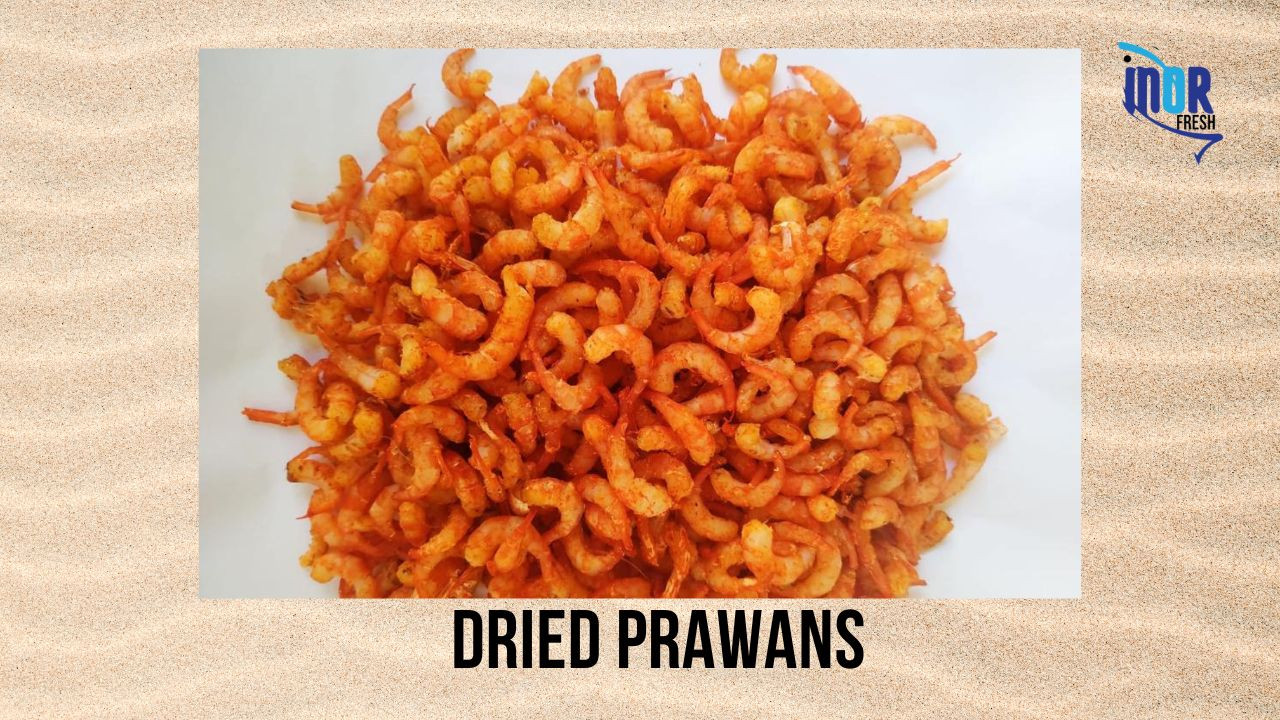-
Tuna
Rs370.00 -
White Pomfret
Rs500.00 -
Prawns Medium
Rs378.00 -
Lobster
Rs720.00 -
Squid Medium
Rs375.00 -
indian sardine
Rs140.00
Benefits:
High-Quality Protein: Dried prawns are an excellent source of high-quality protein, which is essential for muscle growth, repair, and overall body function.
Low in Fat: Dried prawns are relatively low in fat, making them a lean source of protein.
Convenience: Dried prawns have a long shelf life and do not require refrigeration, making them a convenient and portable ingredient for various dishes.
Umami Flavor: Dried prawns have a strong umami flavor that can enhance the taste of a variety of dishes. They are often used as a flavoring agent in soups, stews, and sauces.
Minerals: Dried prawns are a source of essential minerals, including selenium, iodine, and zinc.
Considerations:
Sodium Content: Some dried prawn products are salted during the drying process, resulting in a high sodium (salt) content. Excessive sodium intake can be harmful, particularly for individuals with hypertension or high blood pressure.
Allergies: Individuals with shellfish allergies should avoid dried prawns, as they can trigger allergic reactions.
Cholesterol: Like fresh shrimp, dried prawns can contain cholesterol. While moderate consumption is unlikely to have a significant impact on cholesterol levels for most people, those with specific dietary concerns should be mindful of their intake.
Processing and Additives: Commercially processed dried prawns may contain additives, preservatives, or artificial flavorings. Checking the ingredient list and choosing products with minimal additives can be a healthier option.
Texture: Dried prawns can have a chewy or tough texture, which may not be appealing to everyone. They are typically rehydrated before use in recipes to soften their texture.
Cultural Preferences: The use of dried prawns is more common in certain cuisines and dishes, so their taste and texture may not be familiar or desirable to all individuals.









